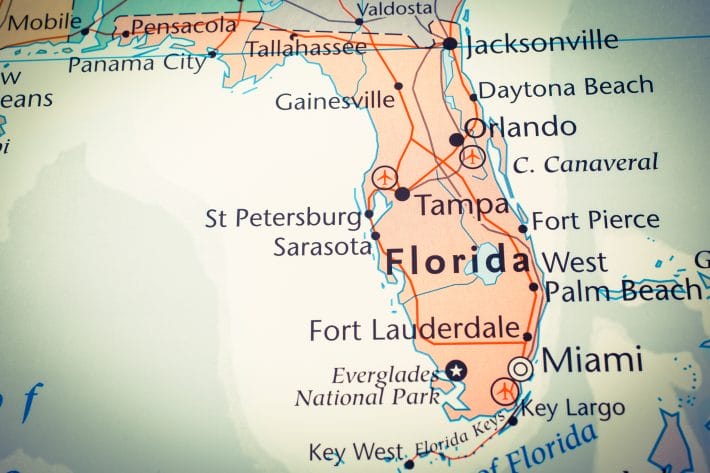Each June, Alzheimer’s and Brain Awareness Month serves as a vital reminder of the millions of individuals affected by Alzheimer’s disease and other forms of dementia—and the families, friends, and professionals who support them. For Aging Life Care Managers, this month is not just about awareness—it’s about advocacy, education, and meaningful connection.
Aging Life Care Professionals, also known as Geriatric Care Managers, are uniquely positioned at the intersection of healthcare, caregiving, and aging. They walk alongside individuals with memory loss and cognitive decline, helping families navigate what is often an emotionally overwhelming and logistically complex journey.
According to one Aging Life Care Manager, “Alzheimer’s is not just about forgetting—it’s about adapting. It’s about helping someone maintain dignity, purpose, and safety as their abilities change. Our role is to make sure families don’t have to face those changes alone.”
Understanding the Full Picture
Alzheimer’s and related dementias are progressive and deeply personal. No two experiences are alike. Symptoms may begin with subtle confusion and forgetfulness but often progress to affect communication, behavior, and basic daily functioning. Families may struggle to recognize what is normal aging and what may be the early signs of dementia.
Aging Life Care Managers help bridge that gap. They conduct comprehensive assessments to understand a person’s cognitive, emotional, medical, and social needs. They guide families in developing care plans that adapt over time, ensuring that supports are in place as the disease progresses.
Support for Families and Caregivers
The journey of Alzheimer’s isn’t one traveled alone—it impacts spouses, adult children, grandchildren, friends, and even neighbors. One of the most critical roles an Aging Life Care Professional plays is in supporting caregivers.
“Caregivers often don’t realize how much they’re sacrificing until they’re already depleted,” another care manager explains. “We step in not only to help their loved one, but to help the caregiver find balance, access respite care, and connect to community resources.”
Aging Life Care Managers offer family mediation, help resolve conflicts in decision- making, and serve as liaisons between healthcare providers, home care agencies, and residential facilities. When emergencies arise—such as a hospitalization or rapid decline—they can provide crisis management and coordinate immediate next steps.
The Power of Early Action
One of the most important messages during Alzheimer’s & Brain Awareness Month is the importance of early detection and planning. When families recognize changes in memory or behavior early and seek professional guidance, it opens up a broader range of options. This can include involvement in clinical trials, legal and financial planning, advanced directives, and establishing routines that reduce stress and confusion for the individual living with dementia.
Early involvement of an Aging Life Care Manager can also help identify safety risks in the home, introduce therapeutic activities, and ensure medication management is aligned with evolving needs.
Moving from Awareness to Action
Raising awareness is only the beginning. This month also challenges communities to take action:
Learn the signs of cognitive decline.Engage in conversations about brain health and dementia care.Support research and policies that benefit people with Alzheimer’s.Reach out to professionals—like Aging Life Care Managers—who can help you plan with clarity and compassion.
Dementia care is not just a medical issue; it’s a human one. And with the right support system, families can find moments of meaning, connection, and even joy along the way.
Ready to Take Action During Alzheimer’s and Brain Awareness Month?
This June, take the opportunity to be proactive. Call Herzog Law Firm at (518) 465-7581 and schedule a consultation with one of our elder law attorneys or our Aging Life Care Manager, or fill out our contact form to discuss options.


























